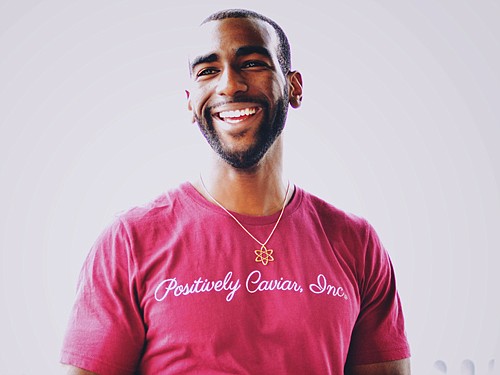It’s summertime and while most of us are trying to make the most of great weather and being outside it can be hard to fully enjoy the pleasures of summer given the current circumstances. On top of that many of us feel the pressure of checking off many of our personal goals and projects now that it seems like we have more time on our hands. Naturally, we put pressure on ourselves that can sometimes undermine our mental health rather than support us. This pressure can easily turn into self-criticism, which can be harmful to our wellbeing if we are not careful. The secret ingredient is self- compassion.
Most people believe that being self-criti- cal and hard on themselves are the only ways to success and happiness but studies have shown that self-compassion is a far better alternative for building resilience. Self-compassion may seem like a weak- ness but it actually can be a source of psychological strength giving us the abil- ity to learn from our mistakes and bounce back with greater enthusiasm. In fact, studies show that when people feel com- passion, motor planning areas in the brain begin preparing for action.
So what does self-compassion actually look like? Think of it as treating yourself like you would a friend. In Rick Han- son’s book, “Resilient,” he discusses when we treat others with respect and caring, the best in them usually comes out. In the same way, if we treat our- selves with caring and respect— the best would come out of us. Yet most of us are far better friends to others than we are with ourselves.
“We care about their pain, see positive qualities in them, and treat them fairly and kindly. But what kind of friend are you to yourself?” said Dr. Hanson.
Many of us are tough on ourselves, critical, self-doubting, and repeat self- defeating thoughts that inhibit ourselves from being our best.
Think to yourself how your day would go if you were on your side just as you are with your best friends. What would it feel like if you could take time to appre- ciate your good intentions, learn from your mistakes, and stop being so critical of yourself? When your thoughts begin to cycle down a long road of self-criti- cism and self-doubt try to remember to be a friend to yourself— be kind, patient and see the positive qualities in yourself. In the long run, self-compassion can allow us to become stronger and more resilient as new challenges arise.
Being kind, patient and compassionate towards yourself not only supports your wellbeing but it can also be good for others around you. When people take time to invest ain their wellbeing, they become more patient, caring and joyful in their relationships.
“Just think to yourself how it would benefit others if you felt less stressed, worried or irritated and more peaceful, contented and loving,” said Dr. Hanson.
Being compassionate to yourself may seem difficult at first. In fact, the brain is designed to be changed by experiences, especially negative ones. So, it’s normal for us to be self-critical and to stay stuck
Chazz Scott Nucleus Team Member Positively Caviar, Inc with negative thoughts about ourselves. However self-compassion just like any- thing else is learnable.
Here are a couple of tips and strategies to keep in mind as you build self-compassion:
Comfort your body— Eat or drink something healthy. Lie down and rest. Massage your own neck, feet, or hands. Take a walk. Anything you can do to im- prove how you feel physically gives you a dose of self-compassion.
Give yourself encouragement—Think of what you would say to a good friend if he or she was facing a difficult or stressful situation. Then, when you find yourself in this kind of situation, direct these compassionate responses toward yourself.
Practice mediation— Mediation is a process by which, through contempla- tion and relaxation, we can begin to loosen the grip of self-critical thoughts and emotions. Mediation is not having control of your thoughts it’s about be- coming aware of them. Try using media- tion apps such as Calm or Headspace if you’ve never meditated before.
Positively Caviar, Inc. (PCI) is a grass- roots nonprofit 501(c)(3) organization focused on instilling mental resilience by way of positive thinking and optimism. Each month, a member of their Nucleus Team writes a column focused on mental and physical health tips, scientific stud- ies, nutrition facts and stories that are positive in nature to support a positive and healthy lifestyle. To learn more about our organization or how you can support, volunteer, or donate to Posi- tively Caviar, Inc. visit: positively-
Resource: https://www.health.harvard.edu/mental- health/4-ways-to-boost-your-self-com- passion
